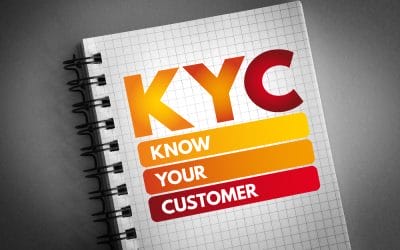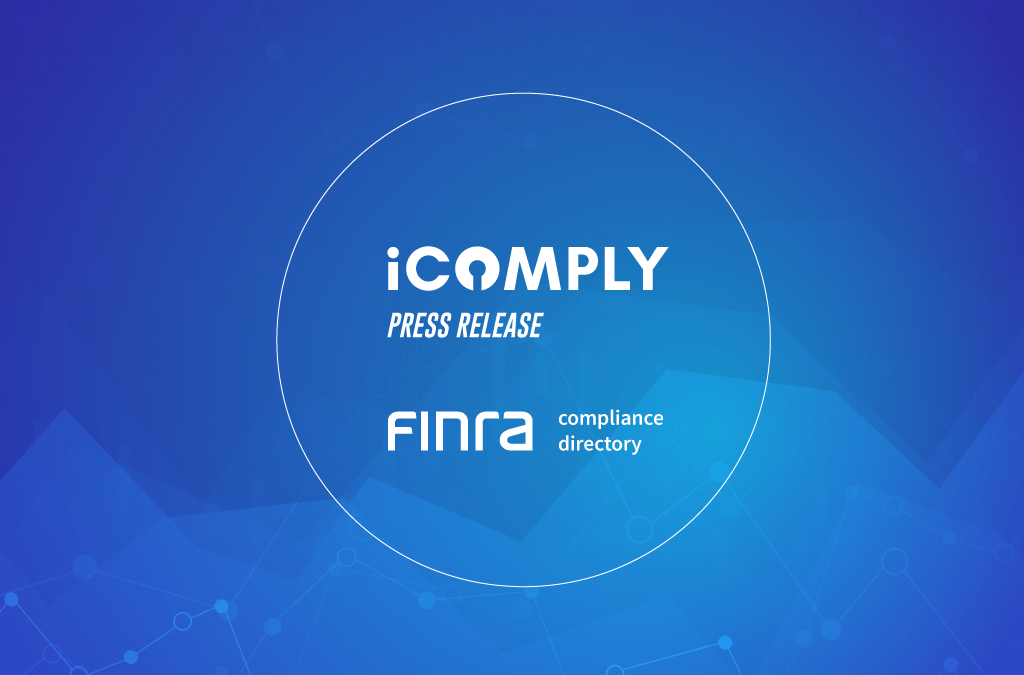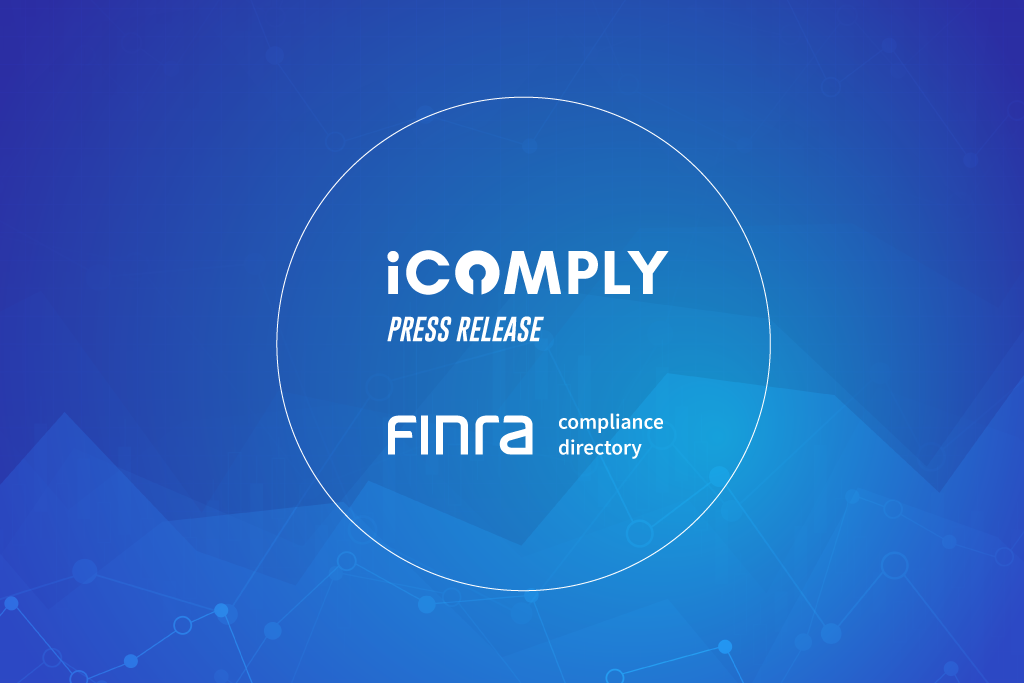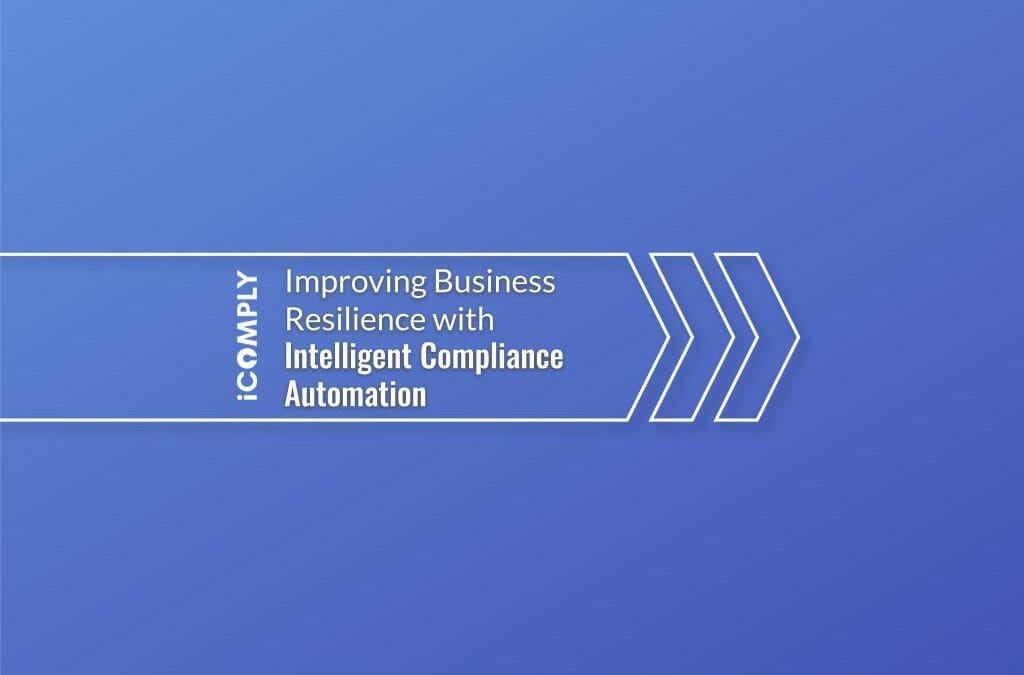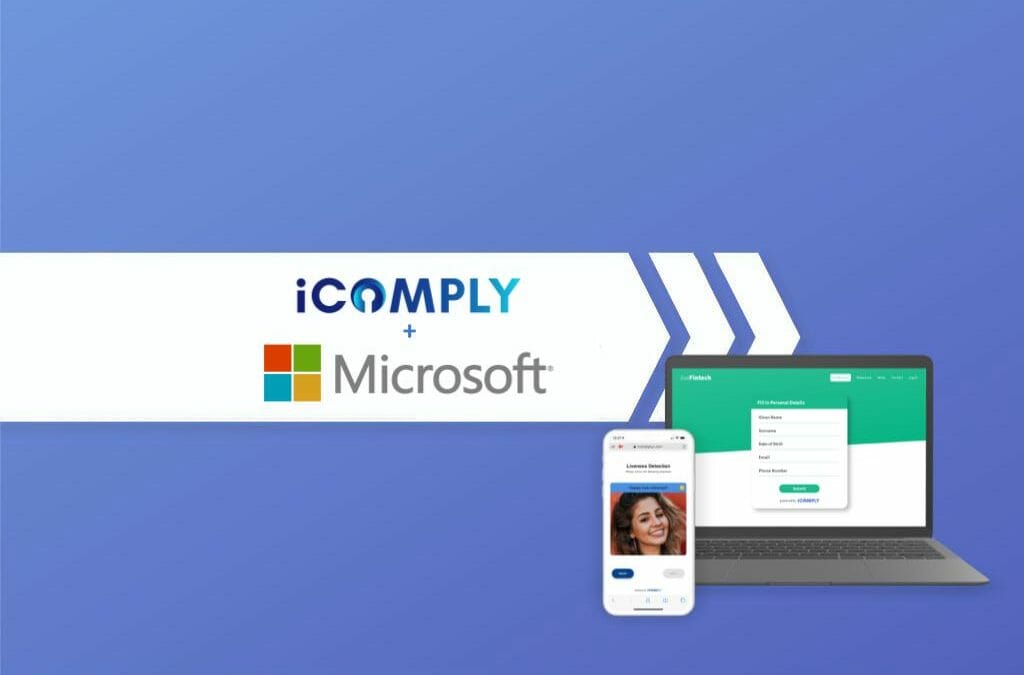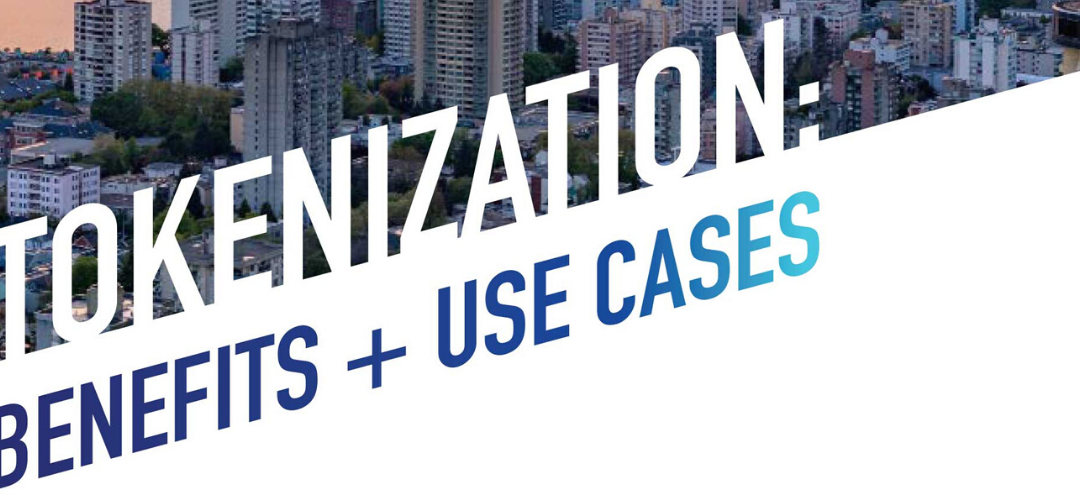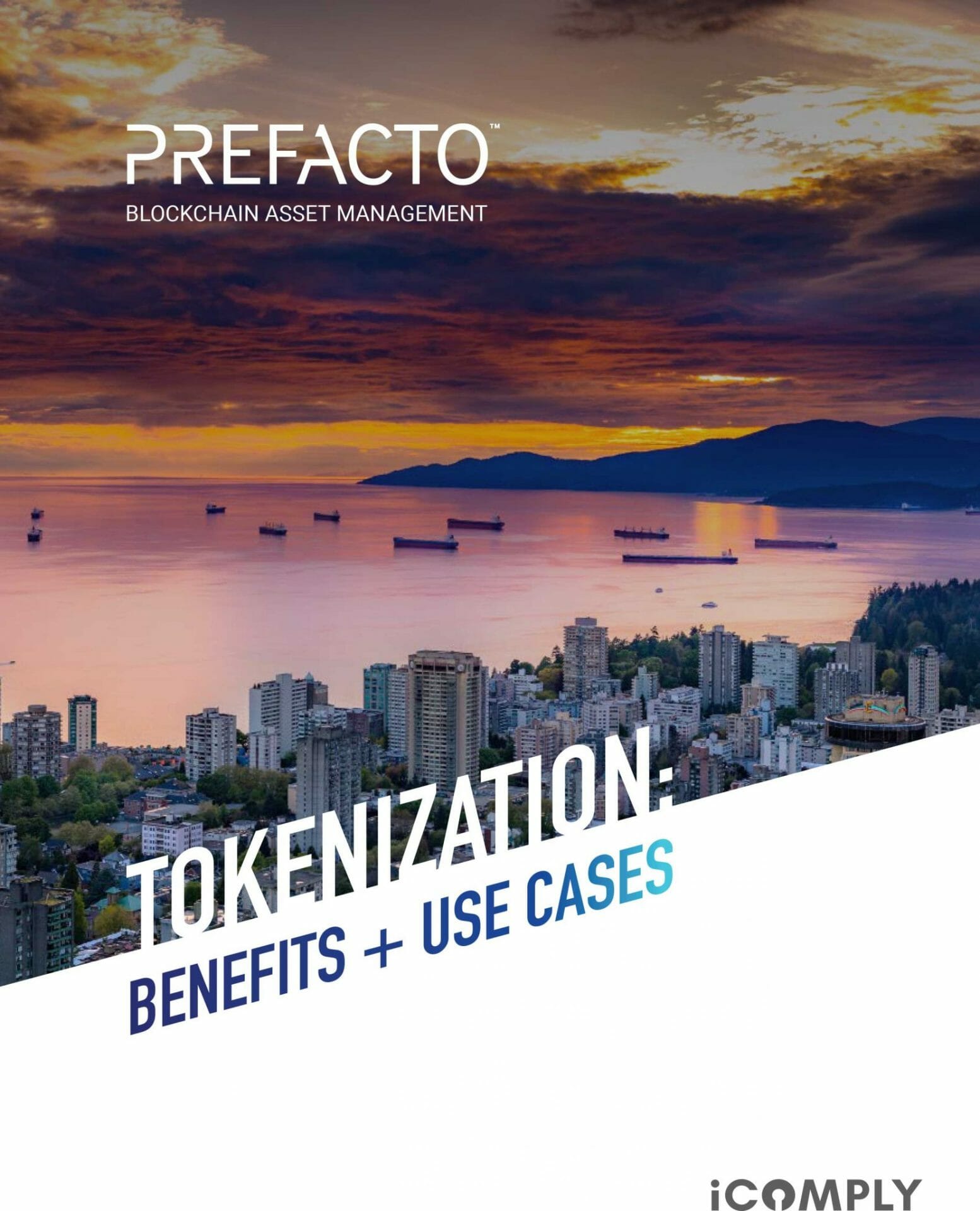With the economy facing increasingly challenging times and banking institutions having to contend with a sharp increase in digital users over the past few years, the threat of cybercrime, specifically in the financial sector, is at an all-time high. At its core, the...
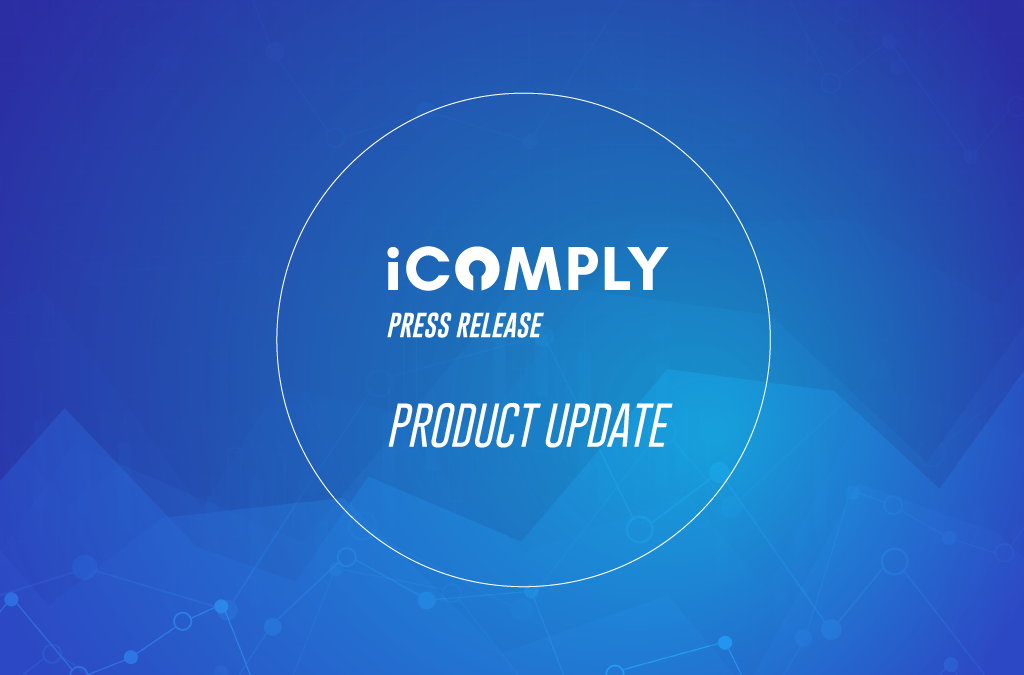
iComply Launches Digital Compliance Administration Platform for $181 Billion KYC and AML Market
iComply Launches Digital Compliance Administration Platform for the $181 Billion KYC and AML market
The updated iComplyKYC platform leverages edge computing and AI to support onboarding and identify verification for legal entities and natural persons
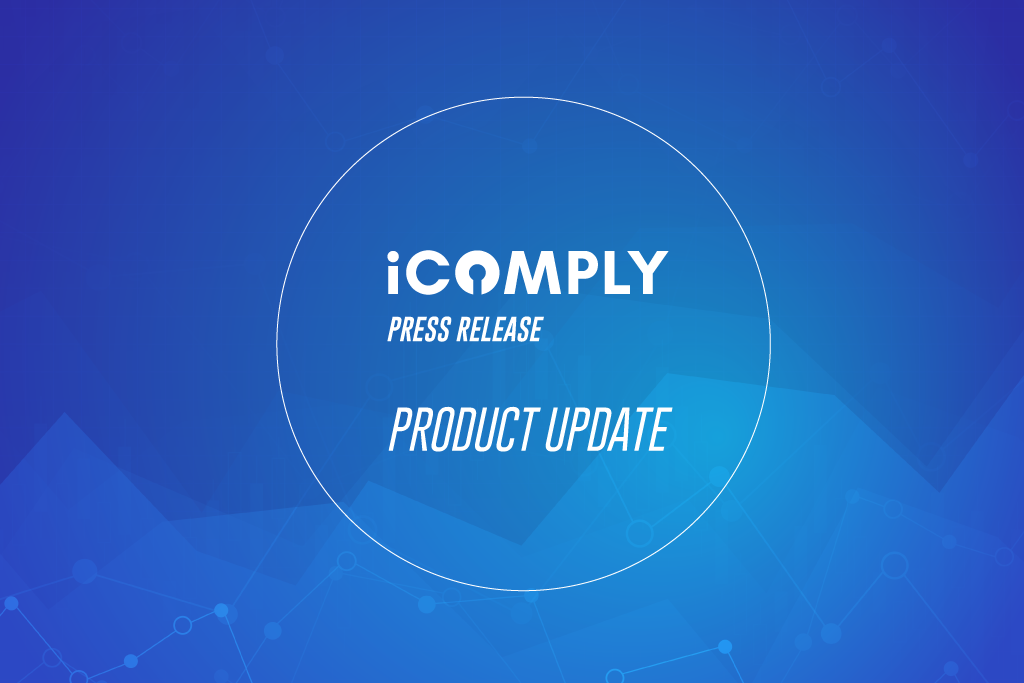
Vancouver, B.C. – December 15, 2020 – iComply Investor Services (“iComply”), a global compliance software provider, is announcing that it is launching an updated version of its iComplyKYC platform for digital compliance administration that now supports the onboarding and authentication of legal entities and natural persons as a part of its all-in-one compliance solution.
Unlike existing electronic identification (e-ID) solutions that require tools from multiple vendors and manual processing for B2C and B2B customer due diligence, iComplyKYC offers a standalone system to manage the full lifecycle of KYC and AML administration for each client.
Globally, AML spend by financial services providers grew to over $181B USD a year in 2019, according to a 2020 report from Compliance Week.
“The latest directives from the Financial Action Task Force (FATF) have broadened AML requirements to include law firms, accounting, eCommerce, luxury sales and M&A transactions,” said Matthew Unger, CEO of iComply. “Further, new requirements for work-from-home have complicated the day-to-day compliance operations of most of the market, and ‘digital first’ is no longer a nice-to-have, but a necessity.”
Remote workforces and lockdowns have forced businesses to implement digital solutions for client onboarding, identification, and AML risk management. iComplyKYC can service law firms, accounting firms, eCommerce platforms, mortgage brokers, and other industries regulated by the AML-5 directive. iComply estimates the global AML spend will exceed $300B USD by 2022.
The platform leverages edge computing for GDPR, PIPA, PPIA, and CCPA risk management. This means that the updated iComplyKYC platform enables companies to gather, authenticate, and encrypt user data via dynamic KYC Portals before that data leaves the user’s device.
KYC services on the platform also include AI-enabled identity verification, biometric authentication, DUNS, and GLEI validation, supporting document workflows, and AML screening across 150 million daily sources. Compliance teams can access all results in a single dashboard to make better decisions, quickly manage issues, and generate reports.
“Integrating edge computing and artificial intelligence into the KYC portal reduces the total cost of compliance and improves user privacy, cybersecurity, and straight-through processing capabilities,” added Unger. “Businesses can no longer afford to mess with half a dozen onboarding tools and APIS, the market needs a banking grade digital identity and risk management solution that can be set up in hours.”
About iComply Investor Services Inc.
iComply Investor Services Inc. (“iComply”) is a Regtech company that provides fully-digital KYC and AML compliance solutions for non-face-to-face financial and legal interactions. iComply enables financial services providers to reduce costs, risk, and complexity and improve staff capacity, effectiveness, and customer experience. By partnering with multinational technology vendors such as Microsoft, DocuSign, Thomson Reuters, and Refinitiv, iComply is bringing compliance teams into the digital age. Learn more: www.icomplyis.com
Safeguarding Society: How Customer Due Diligence Helps Prevent Global Crime
Understanding the Distinction of CDD vs. EDD in AML Compliance
Understanding the Distinction of CDD vs. EDD in AML Compliance As cybercrime continues to aggressively expand and pose new challenges to regulators and law enforcement agencies across the globe, anti-money laundering (AML) efforts have become vital to protecting the...
The Human Dangers of Ignoring Know Your Business (KYB) Protocols
Do you know the hidden risks of ignoring Know Your Customer (KYC) and Know Your Business Protocols? While costly fines are a solid reason for compliance, the heart of each AML, KYC and CDD mandates is the intent to eradicate the very real, pervasive human consequences...

